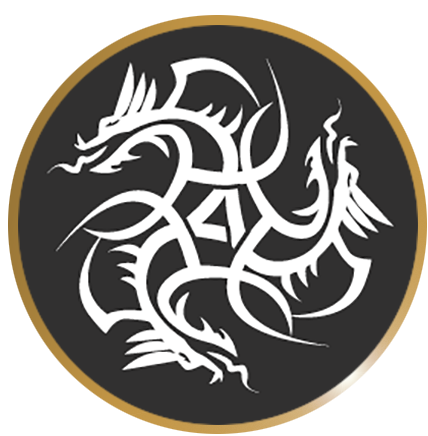Vertical AI
From MDS Wiki
Vertical AI refers to artificial intelligence systems and solutions that are specifically designed and optimized for a particular industry or domain. Unlike horizontal AI, which is more general-purpose and applicable across various industries, vertical AI focuses on the unique needs, challenges, and requirements of a specific sector.
Key characteristics of vertical AI include:
- Industry-Specific Applications: Vertical AI solutions are tailored to address the specific problems and use cases of a particular industry. For example, AI applications in healthcare may focus on diagnostics, personalized medicine, and patient management, while AI in finance might emphasize fraud detection, algorithmic trading, and risk management.
- Customized Data Models: Vertical AI leverages industry-specific data and models. These systems are trained on datasets that are relevant to the particular industry, which helps in improving accuracy and effectiveness.
- Specialized Knowledge Integration: These AI systems often incorporate domain expertise and industry knowledge, making them more adept at understanding and processing industry-specific terminology, regulations, and workflows.
- Regulatory Compliance: Vertical AI solutions are often designed with an understanding of the regulatory and compliance requirements of the industry they serve. This ensures that the AI applications adhere to industry standards and legal guidelines.
- Scalability within the Sector: While vertical AI solutions are highly specialized, they are also scalable within the sector. This means they can be deployed across various organizations within the same industry, offering tailored solutions that fit the specific needs of each organization.
Examples of vertical AI include:
- Healthcare AI: Tools for medical imaging analysis, predictive analytics for patient outcomes, and natural language processing for medical records.
- Financial AI: Algorithms for credit scoring, automated customer service via chatbots, and portfolio management.
- Retail AI: Systems for demand forecasting, personalized marketing, and inventory management.
- Manufacturing AI: Predictive maintenance, quality control through computer vision, and supply chain optimization.
Vertical AI is gaining popularity as industries recognize the value of AI solutions that are not only intelligent but also deeply aligned with their unique operational contexts.
[[Category:Home]]
